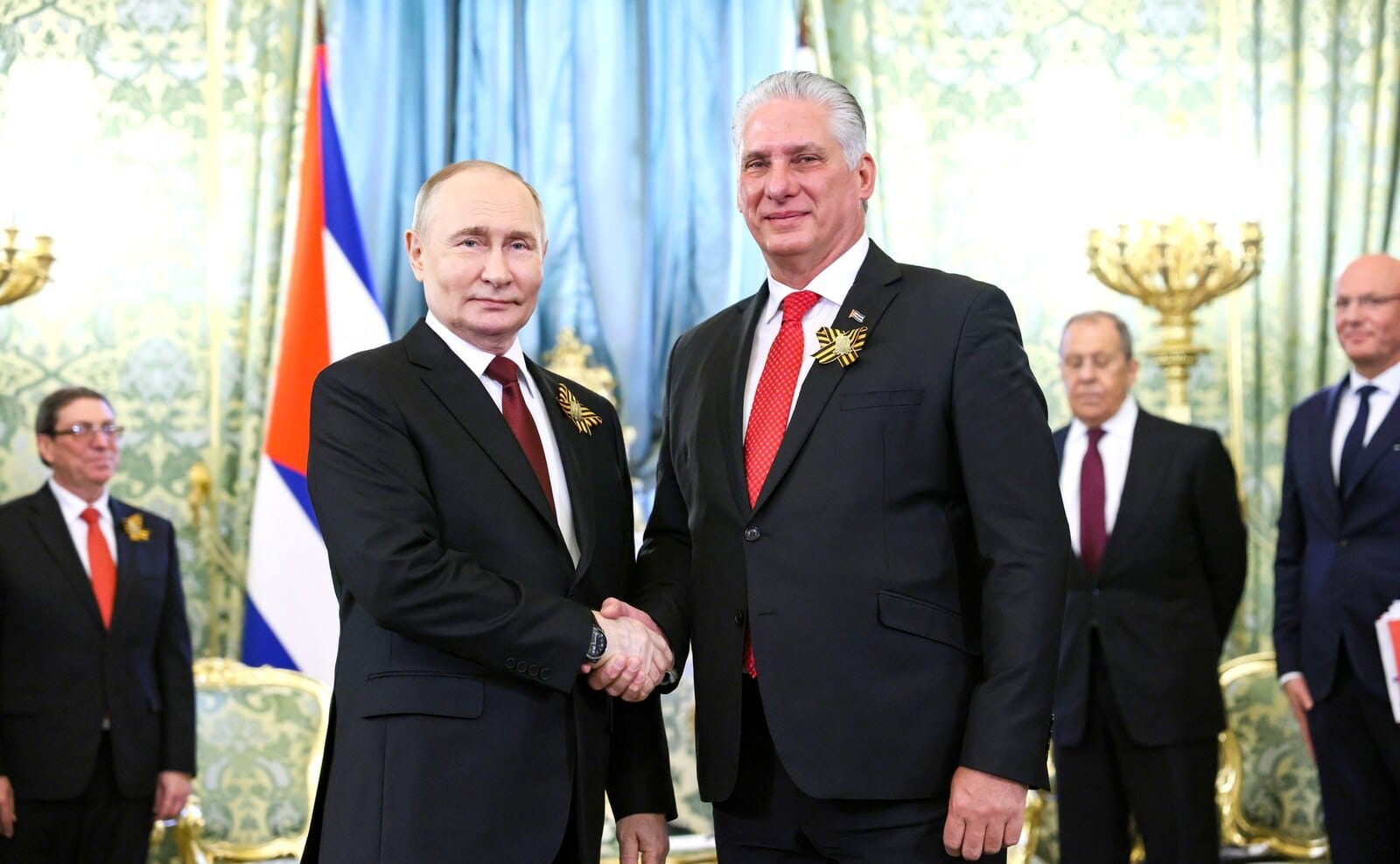Cuba’s Silent Front in Putin’s War

It has been years since Cubans began denouncing the shipment of young men from the island to the front lines in Ukraine as cannon fodder for the Russian army. Yet what I learned in the recent security briefing given by Ukrainian officers at the U.S. Congress exceeded my most alarming expectations: According to the 2025 report by the Coordination Headquarters for the Treatment of Prisoners of War of Ukraine, it is estimated that around 20,000 Cubans have been recruited into the Russian armed forces, and at least 1,038 contracts have been officially documented between 2023 and 2025. Dozens have been identified among the dead in combat, and hundreds remain trapped in a kind of modern slavery—unable to return home, deceived, or forced to fight.
These are not isolated cases. They expose a system—a criminal machinery—in which human life is disposable, and repression at home fuels aggression abroad. Many of these young Cubans, desperate to escape poverty, were lured by the promise of a $2,000 monthly salary and a Russian passport for their families. Instead, they were sent to die in what soldiers themselves call the “meat grinder.” According to the Ukrainian report, the average time between signing and death for foreigners is about 140-150 days, and in at least one case, as little as a week.
This horror is not a spontaneous phenomenon; it is the product of an alliance—a sinister and well-oiled partnership between Havana and Moscow, forged decades ago during the Cold War and resurrected today under Vladimir Putin and the Castro family, with Miguel Díaz-Canel’s obedience. It is not merely an ideological bond, rather a strategic axis designed to ensure mutual protection and sustain repression and war.
Havana has not only provided manpower. The regime has systematically used its diplomatic corps and intelligence network to echo Russia’s propaganda in international forums and evade sanctions. Díaz-Canel himself, on multiple occasions, has justified Moscow’s invasion as a “special operation” and condemned the sanctions imposed by Europe and the United States. In exchange, Putin has promised investments and military cooperation.
Economic collaboration has followed the same logic of complicity. In 2024, Havana implemented Russia’s MIR payment system, a financial mechanism explicitly designed to bypass Western sanctions*. The Russian ambassador in Havana boasted that it would allow “independent settlements” free from “unfriendly” financial institutions—in other words, Cuba becoming a financial haven for the aggressor state.
Propaganda remains another pillar of this cooperation. The Cuban regime, masterful in the art of disinformation, has placed its international media apparatus—Prensa Latina, Cubavisión Internacional, and even Telesur—at the service of Russian narratives. Through these channels, Moscow’s lies find audiences in Latin America, Europe, and Africa, circumventing bans on Russia Today and amplifying the Kremlin’s falsehoods under the guise of “anti-imperialist solidarity.”
Meanwhile, Europe remains paralyzed. The Council of Europe declared Russia a terrorist state and expelled it from its human rights body, and even recognized Cuba as an ally of Moscow’s aggression through Resolution 2506—but it must go further: it must recognize reality and classify Cuba itself as a state sponsor of terrorism. Yet the European Union still sends funds to Havana under the “Political Dialogue and Cooperation Agreement”—money intended for development, but which in practice sustains repression and corruption.
The time for self-deception is over. The democratic world cannot continue financing Putin’s best transatlantic accomplice. The recruitment of Cubans to die in Ukraine, as documented by the Ukrainian Coordination Headquarters, is not an accident—it is the logical consequence of decades of impunity, and it could not happen without the involvement of the regime in Havana.
The Council of Europe, the European Union, and the rest of the affected parties must act decisively to ensure that their aid does not perpetuate tyranny and conflict but instead fosters peace, democracy, and respect for human rights. The same network that sustains Putin’s war also sustains repression in Cuba and Venezuela. Ending that network—cutting off its lifelines of money, propaganda, and legitimacy—is not only a moral imperative but a matter of security for the free world.
Photo: Russian President Vladimir Putin greets Miguel Díaz-Canel, first secretary of the Communist Party of Cuba, in Mowcow, via the Kremlin under CC BY 4.0.
The opinions expressed by the author of this piece do not necessarily represent the views of the Victims of Communism Memorial Foundation.

